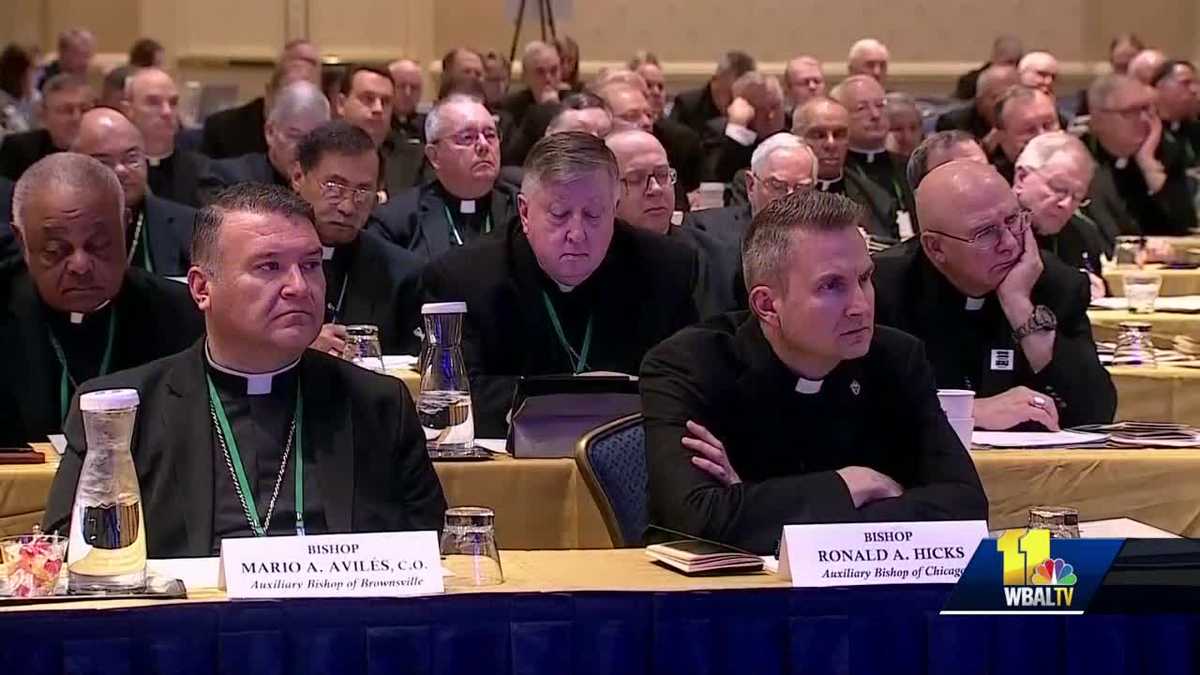“Nuns vs the Vatican” Exposes Abuse Crisis in Catholic Church
By Isha - Sep 10, 2025
A documentary titled Nuns vs the Vatican premiered at the Toronto Film Festival, shedding light on stories of abuse within the Catholic Church. The film focuses on women accusing former priest Marko Rupnik of abuse, bringing attention to systemic protection for clergy and the need for Church reforms. It calls for cultural and structural changes to support survivors and promote accountability within the Church.

Image via wbaltv.com
A powerful new documentary, Nuns vs the ,[object Object],, premiered at the ,[object Object],, bringing global attention to long-silenced stories of sexual, spiritual, and physical abuse within the ,[object Object],. Directed by Emmy Award–winner Lorena Luciano and executive-produced by Mariska Hargitay, the film centers on the testimony of women who accuse former ,[object Object], of repeated abuse. Their accounts describe deeply troubling experiences of manipulation, coercion, and betrayal at the hands of a man who once held a position of spiritual authority.
The documentary follows survivors including Gloria Branciani and Mirjam Kovac, whose voices have become emblematic of the broader community of women who claim to have suffered in silence for years. Their willingness to step into the public eye reflects both personal courage and collective frustration with what many describe as a pattern of systemic protection for clergy accused of abuse. For decades, critics argue, structures within the Church have shielded perpetrators while silencing victims, creating a cycle of secrecy that perpetuates harm.
By confronting these narratives head-on, Nuns vs the ,Vatican, raises questions not only about Rupnik’s actions but also about the ,Vatican,’s response to such allegations. The handling of this case has intensified scrutiny of Pope Francis’s papacy, with advocates demanding greater transparency and meaningful reforms. Observers note that how the ,Vatican, chooses to address these claims will play a crucial role in shaping the Church’s credibility, its moral authority, and its commitment to justice for survivors.
At its heart, the documentary is not only an exposé but also a call for transformation. It highlights the urgent need for cultural and structural change within the Catholic hierarchy—changes aimed at safeguarding vulnerable communities, ensuring accountability, and supporting survivors on their path to healing. As the film continues to spark conversations worldwide, it serves as a stark reminder that confronting past abuses is essential to building a safer, more accountable Church for future generations.


